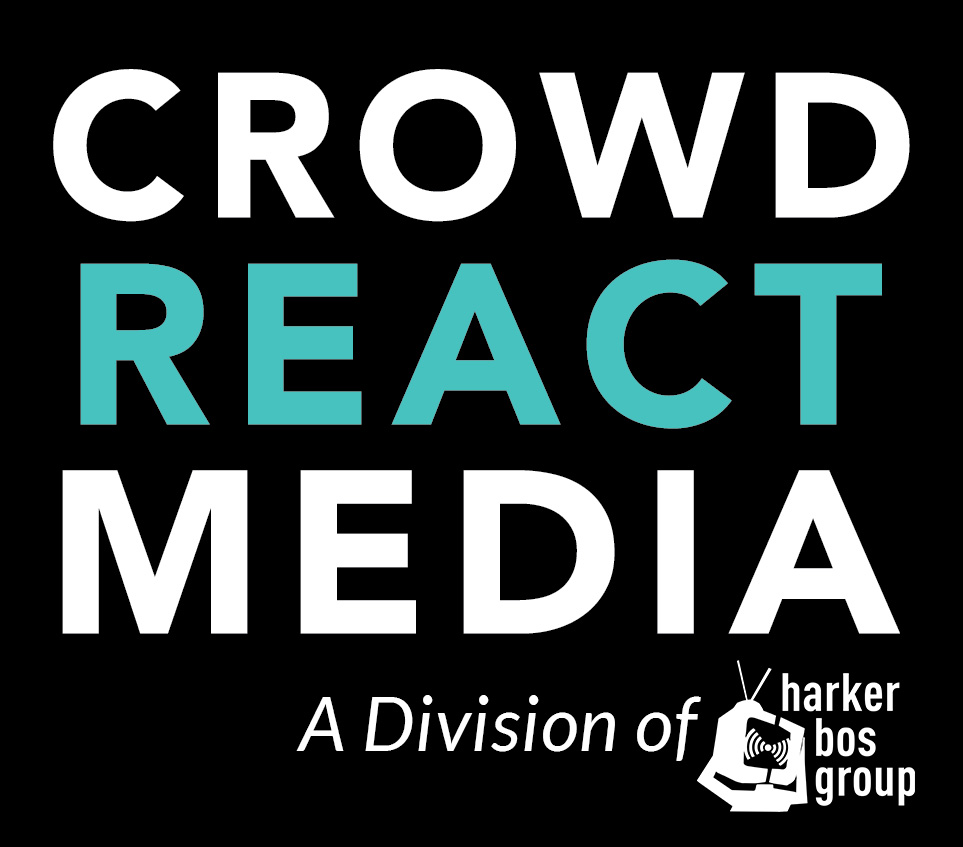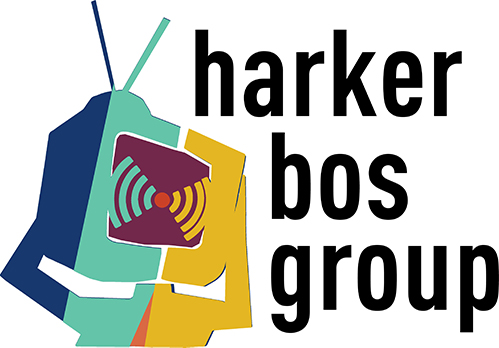Weekly Roundup – April 22, 2025
Roundup Links
Netflix CEO remains coy about adding future sports rights
"That Netflix quarterly analysts calls are now a regular for sports media covering the earnings circuit, along with regular stalwarts Disney, Comcast, Fox and WBD to name a few, underscores just how much the streaming giant is rapidly becoming a player in sports.
But just how much is certainly open to debate: is Netflix just looking for events like boxing, Christmas Day NFL games and golf and tennis exhibitions to add to a mix of live events to jumpstart its relatively new ad business; or is it a real player in the sports rights market? ... Ted Sarandos, Netflix co CEO, declined to comment directly, but said, “our live event strategy is unchanged, and we remain really focused on the big breakthrough events. Our audiences love them, and so anything, anything we chase, in the event space or the sports space, is a deal that has to make economic sense as well.”
Our Take: Netflix is opting to acquire sports 'spectacles' - essentially one-off cultural events (like Tyson vs. Paul), instead of season-long deals, which seem to weigh down platforms with cost and contain dubious upsides.
AI-generated music accounts for 18% of all tracks uploaded to Deezer
"April 16 (Reuters) - About 18% of songs uploaded to Deezer (DEEZR.PA), opens new tab are fully generated by AI, the French streaming platform said on Wednesday, underscoring the technology's growing use amid copyright risks and concerns about fair payouts to artists.
Deezer said more than 20,000 AI-generated tracks are uploaded on its platform each day, which is nearly twice the number reported four months ago. "AI-generated content continues to flood streaming platforms like Deezer and we see no sign of it slowing down," said Aurelien Herault, the company's innovation chief."
Our Take: A lot of people stream music for background noise. AI generated music that is indistinguishable from the real thing won't bother those using these services in a passive manner (e.g. doing the laundry or dishes while listening to music).
Nearly one-quarter of Gen Z now pays for social media subscriptions
"Nearly 1 in 4 Gen Z Americans aged 18 to 25 now pays for social media subscriptions, according to new research released April 15 by Bango.
The report, based on a study of 5,000 U.S. subscribers, shows 23% of Gen Z respondents pay for services such as Snapchat+ or X Premium – nearly double the 14% of all U.S. subscribers who do the same.
The report, titled “Subscriptions Assemble,” positions Gen Z as the most heavily subscribed generation in the country. On average, they pay for 6.8 digital services, totaling about $940 annually. A growing portion of those subscriptions — 2.7 per user — are obtained indirectly through bundled offerings, such as those included in mobile phone plans."
Our Take: Some Millennials, Gen X'ers, and Boomers constantly lament the purported death of 'legacy media'. For Gen Z, social media is their 'legacy media'. Besides, any mass-adopted media type that is nearly a quarter-century old is most certainly part of the 'legacy media'.
Research: How to Advertise to Distracted Consumers
"In today’s attention economy, advertising messages must vie with an ever-increasing number of stimuli to be noticed by consumers. As T.S. Eliot famously put it, we are “distracted from distraction by distraction.” It’s not at all uncommon for people to be scrolling email, posting on social media, or playing a game on their phones while engaging with IRL environments (e.g. public performances or social gatherings).
To cut through the noise, advertisers frequently serve mobile pop-up ads customized in real time to users’ activity, physical environment or context. These may include location-based ads keyed to a consumer’s GPS data, as well as techniques such as cross-device ad targeting and programmatic advertising that makes educated guesses about consumer behavior based on a range of data points. But do these efforts actually work in environments where attention is so fragmented?
Traditional psychology would suggest no. According to the theory of dual-task interference (DTI), people perform worse when juggling multiple tasks. In essence, DTI refers to the cognitive cannibalization that occurs when people must perform two tasks at once. For consumers already juggling online and physical activities, customized online ads may constitute yet a third attentional demand, thereby potentially compounding DTI."
Our Take: The average American, while they are streaming TV at home, is also probably on their phone or pad at the same time. What we have are multiple high-tech ad-delivery devices competing for the average American's attention during leisure hours. To stand out, an ad needs to have a special something to capture the audience's attention.
The hidden trend behind Latinos' shift toward Trump
"Underlying the 2024 election results was a subtle trend that could signal a dramatic reshaping of the electorate: a surge in ticket-splitting among Latino voters who shifted sharply toward Donald Trump but also supported Democratic House and Senate candidates.
The rise in voters simultaneously backing both parties, revealed by a detailed new POLITICO analysis of results and voting records, complicates how both parties will approach next year’s midterms and the 2028 presidential race. It also raises an urgent question: Were Trump’s gains with Latinos a sign of a fundamental break with the Democratic Party, or are voters who backed him in 2024 still largely Democrats who just preferred him over Kamala Harris."
Our Take: Trump is an anomaly in a polling sense in that he is a unique draw for some individuals whose expressed beliefs and attitudes might present as counterintuitive when they state they voted for him, hence the rampant ticket-splitting among certain voting blocs. The next general election in 2028 will be of real interest to either party, as there is no true successor to MAGA, and the real fault lines will reveal themselves without being obscured by Trump Effect.


